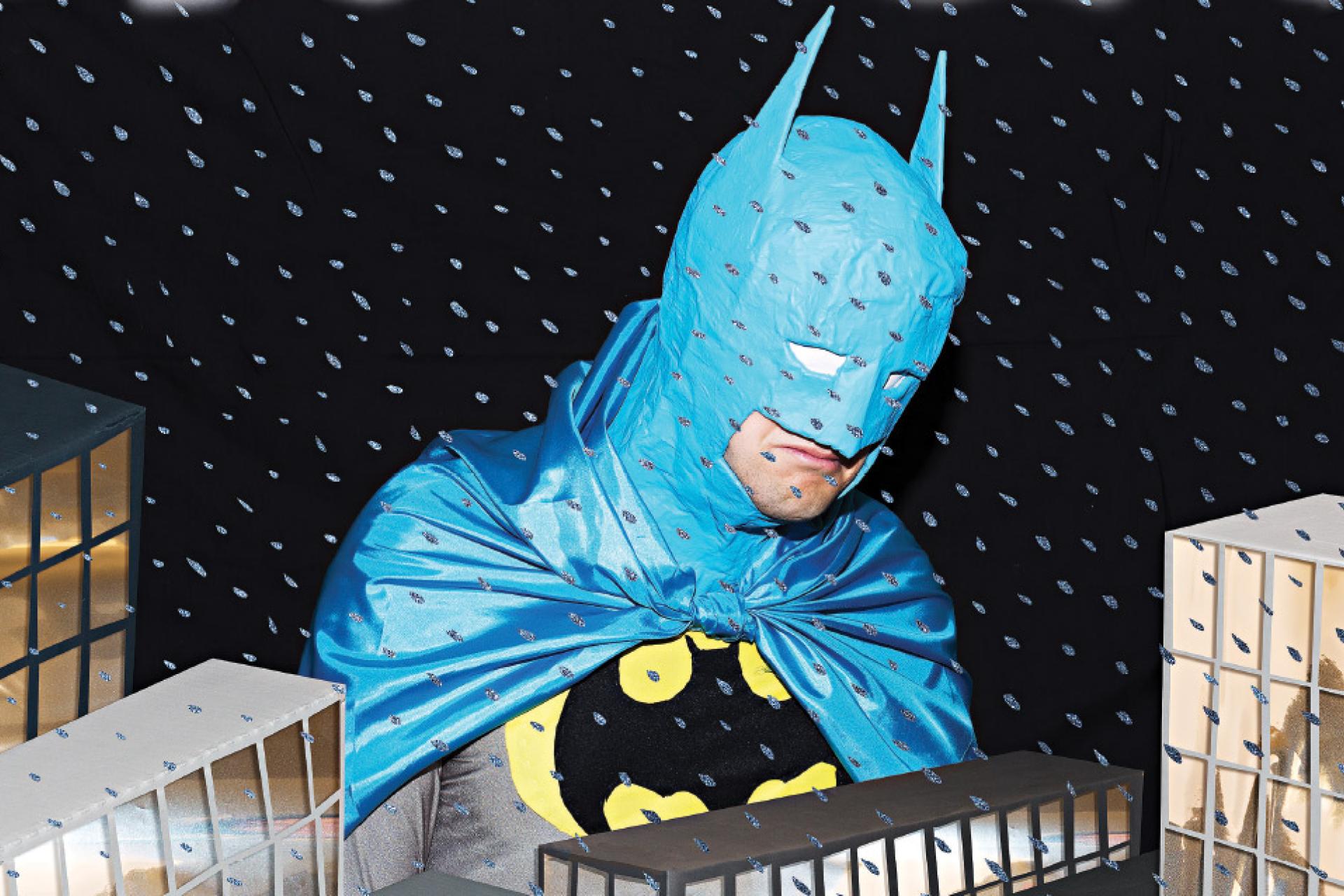
The Impacts of Gender Role Socialization on Health and Culture
Apr. 11, 2019
Christopher Liang and Nicole L. Johnson explore how socialized gender roles can impact men’s and women’s health, contribute to rape culture and amplify cultural problems.
What does it mean to be a man today? And what does it mean to be a woman?
Even as societal views shift in the era of the #MeToo movement, men and women face pressures on how to behave, and how not to. Expectations are often reinforced in popular culture, in the way men and women are portrayed in movies, TV shows and advertisements.
More critically, researchers say, gender roles are learned at an early age through socialization with caregivers at home, school and elsewhere—and that can amplify health and cultural problems as boys and girls grow into adulthood.
“People learn how to perform,” says Christopher Liang, associate professor of counseling psychology. “They learn what the expectations are for their sex. So if you are born a biological male, you might be taught a certain way of dealing with your emotions. Don’t show your sadness, don’t show that you’re hurt, don’t show that you’re weak. Be strong. Be tough.”
Conversely, those born as a biological female might be taught to be nice, nurturing and giving.
“Women have this invisible burden of caretaking that’s often ignored or devalued,” says Nicole L. Johnson, assistant professor of counseling psychology. “Women are taught to sort of stifle their experience, to be appeasing or attractive to men.”


